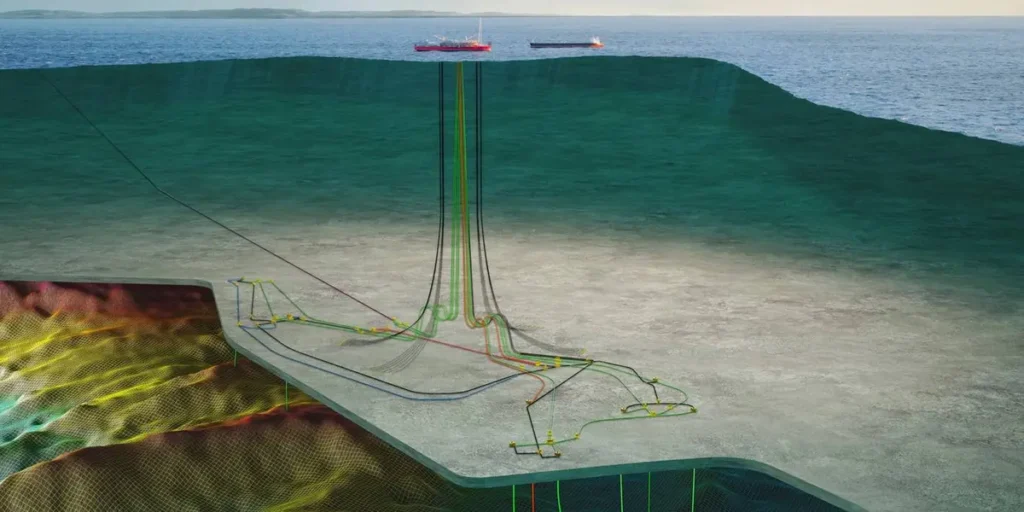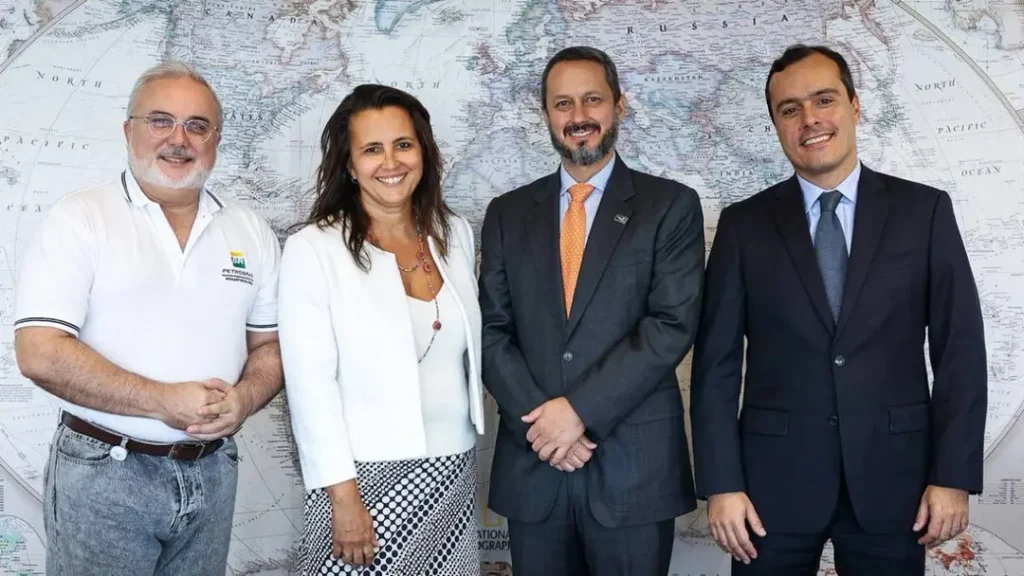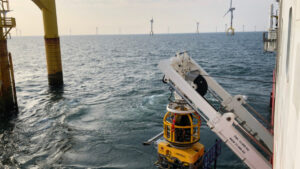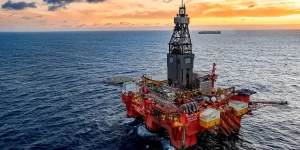
Equinor (operator), Repsol Sinopec Brasil and Petrobras have taken the investment decision to develop the BM-C-33 project in Brazil. The investment is of approximately USD 9 billion.
Located in the Campos Basin, BM-C-33 comprises three different pre-salt discoveries – Pão de Açúcar, Gávea and Seat – containing natural gas and oil/condensate recoverable reserves above
one billion barrels of oil equivalent.

(Photo: Aline Massuca / Equinor)
The concept selected for BM-C-33 is based on an FPSO (Floating production storage and offloading unit), capable of processing gas and oil/condensate and specifying these for sale without a need for further onshore processing.
The FPSO’s production capacity is of 16 million cubic meters of gas per day with average exports expected of 14 million cubic meters of gas per day. Start-up is planned in 2028.
“The final investment decision of BM-C-33 is an important milestone for the partners and for Equinor. Together with partners and suppliers we have developed a significant project which will provide Brazil with energy to meet its growing energy demands and create value for owners and society, contributing to local industrial development. Brazil is one of Equinor’s core areas and the investment in BM-C-33 emphasizes the strategic importance of our Brazilian portfolio,”
says Geir Tungesvik, executive vice president for Projects, Drilling & Procurement.
“BM-C-33 is one of the main projects in the country to bring new supplies of domestic gas, being a key contributor to the further development of the Brazilian gas market. Gas exported from the project could represent 15% of the total Brazilian gas demand at start-up. Its development will also contribute to the energy security and economic development, enabling a lot of new job opportunities locally,”
says Veronica Coelho, Equinor’s Country Manager in Brazil.
Technology and low carbon initiatives driving the project
BM-C-33 will be Equinor’s second FPSO in Brazil using combined cycle gas turbines, significantly reducing carbon emissions during operations.
The technology will also be applied in Bacalhau, in the Santos Basin, and it combines a gas turbine with a steam turbine to take advantage of the excess heat that would otherwise be lost. By implementing this technology, the average CO2 intensity of BM-C-33 over its lifetime will be lower than 6 kilos per barrel of oil equivalent.
BM-C-33 will be the first project in Brazil to treat the gas offshore and be connected to the national grid without further onshore processing. The sales gas is planned to be exported through a 200 kilometres offshore gas pipeline from the FPSO to Cabiúnas, in the city of Macaé, in the state of Rio de Janeiro. Liquids are planned to be offloaded by shuttle tankers.
Cover and Article Images Courtesy of Equinor



